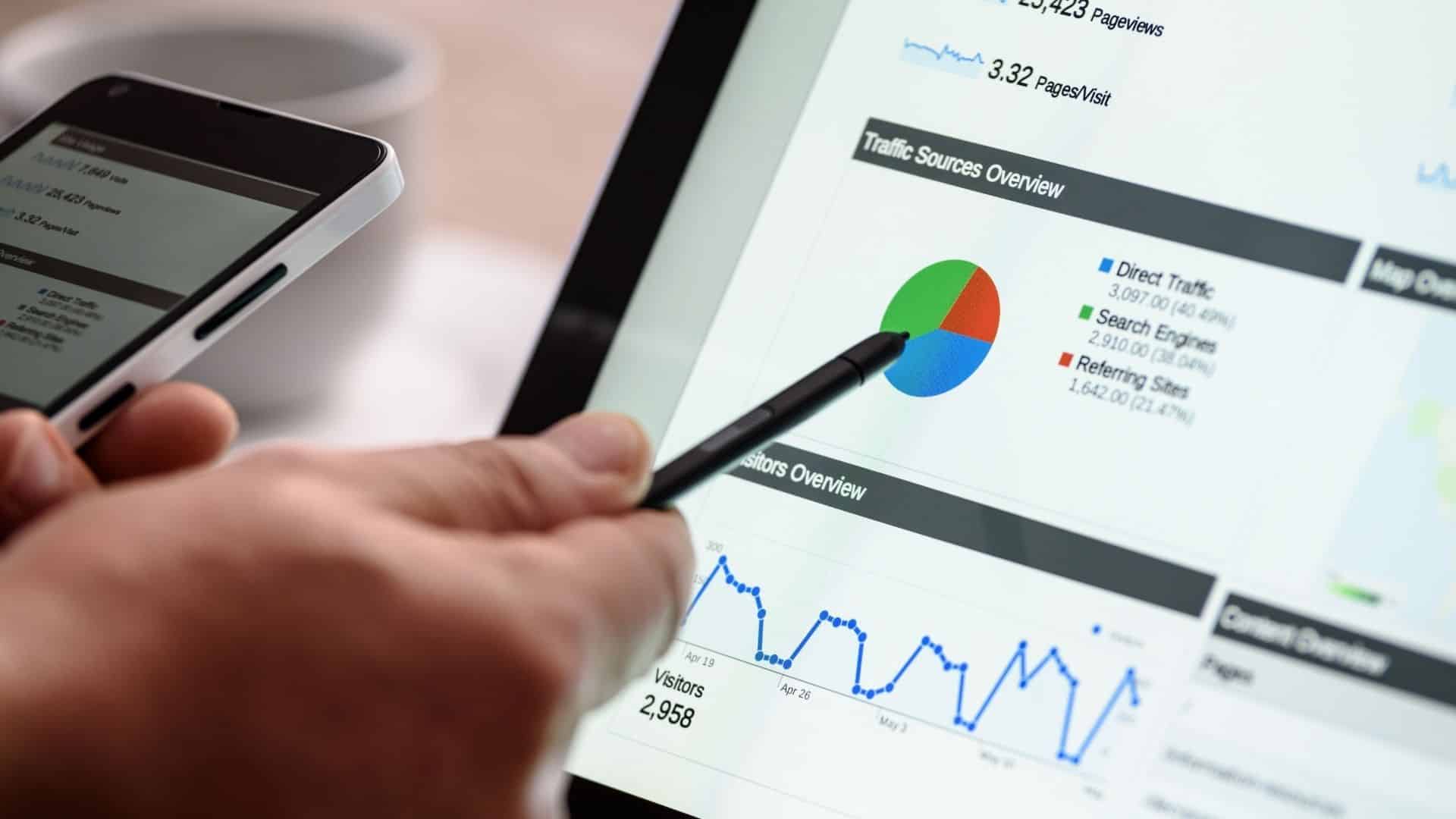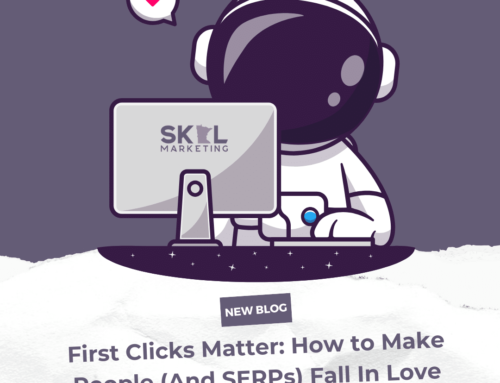It’s almost hard to believe that Google Analytics is now in its fourth full iteration, isn’t it? The long-running website statistics software from the tech behemoth is starting to inch towards its 20th anniversary, and as always, has never stopped changing, adapting, and evolving, finally having released its newest version, Google Analytics 4.0 (also known as GA4).
If you’ve been paying close attention, you’ll know that Google Analytics 4.0 was actually released back in 2020, and new Google Analytics users since then–as well as those who’ve proactively chosen to update to GA4–have already been exploring and learning this powerful new program. However, more recent news as of March 2022 has seen Google announcing that the old Universal Analytics platform will stop processing in July 2023, meaning all Google Analytics users will need to upgrade to Google Analytics 4.0 within the next year or so in order to continue using the platform. That may seem like a long way off, but for any major change, it’s best to prepare early and get yourself ahead of the curve!
What’s new with Google Analytics 4.0?
Google Analytics 4.0 isn’t a mere tweaking of the old formula–in reality, it’s much bigger than that. This major update sees a complete overhaul of how user activity is measured and tracked and has large-scale ramifications for your website analysis. A few of the more prominent changes in Google Analytics 4.0 include:
- Better Google Ads integration: GA4 has the ability to more closely track the activity of users who are on a targeted ads list across both your website and your app(s). This allows you to ensure your ad dollars are being spent targeting those users most likely to make a purchase in the future, rather than wasting money on–for example–those users who just made a purchase and are unlikely to immediately make a new one.
- Machine learning and AI insights: It can be hard enough to track your own company’s web data, let alone the data across entire industries. Google Analytics 4.0’s updated AI capabilities use machine learning to pick up on trends and predict future consumer behavior and deliver you those recommendations so you can adapt your marketing and sales approach to capitalize on the latest market opportunities.
- More codeless tracking: Google Analytics 4.0 introduces more codeless event tracking, meaning more common user events like page scrolls and video plays on a site or app can be tracked without the need for inputting special event tags or new code. This means less grunt work for marketers, less coding to keep track of, and less latency in retrieving new data from your website or app!
- Reports that track the consumer lifecycle: One of the most immediately noticeable changes in Google Analytics 4.0 is how reports are structured and organized. Now, your reporting will be organized around the consumer lifecycle, letting you more easily track every stage of the pipeline from interest to acquisition to post-sale behavior.
- More detailed and granular user data controls: With new consumer privacy-focused regulations inhibiting the amount of data websites can collect, Google Analytics 4.0 has introduced tools for marketers to deliver more granular data privacy options for users. Rather than simply opting out of data tracking entirely, site and app users will now have greater control over exactly which info they share, with the intention being that granting you access to some data will be better for your business than none.
What are the benefits of Google Analytics 4.0?
Broadly speaking, the changes to Google Analytics 4.0 benefit the user in a few ways. First, by utilizing new and updated technology to better serve marketers, such as the improved machine learning processes and more codeless tracking. Second, by adapting the way users engage with the Google Analytics platform and reporting to better reflect how marketers want to see and utilize important information. Third, by changing Google Analytics to allow that vital information to be received as much as possible while still respecting newly updated regulations regarding consumer privacy. By offering new technology and reporting that functions effectively within the new online marketing regulatory environment, Google Analytics 4.0 should be treated as an opportunity to bring your small business marketing into the new decade!
How do I update to Google Analytics 4.0?
If you’re a newer Google Analytics user, it’s very likely that you’re already using Google Analytics 4.0. All new users who joined the platform after October 2020 will have started on the GA4 system–if that’s you, then no need to worry. Just enjoy the features you’ve already been utilizing!
If you haven’t yet upgraded to Google Analytics 4.0, or if you’re unsure which version you’re running, fear not; Google has detailed instructions on how to check your version status and how to update if the update has been made available to you. While the changeover will take some time and energy to ensure all your available data streams are working as intended, it’s best to start this process sooner rather than later so that you aren’t caught flat-footed when the old Universal Analytics platform is retired next year.
Google Analytics is an incredibly powerful tool for small business marketing, but it can also be a bit daunting if you aren’t sure how to use it effectively. Whether you’re just wading into the web analytics water and need some help finding stable footing, or you’re looking for expert help navigating the new Google Analytics 4.0 tools, Skol Marketing’s team is here to help. For assistance with all things Google and search-related, including adapting to platform changes and getting the most out of Google Analytics 4.0, don’t hesitate to contact the web experts at Skol Marketing.





